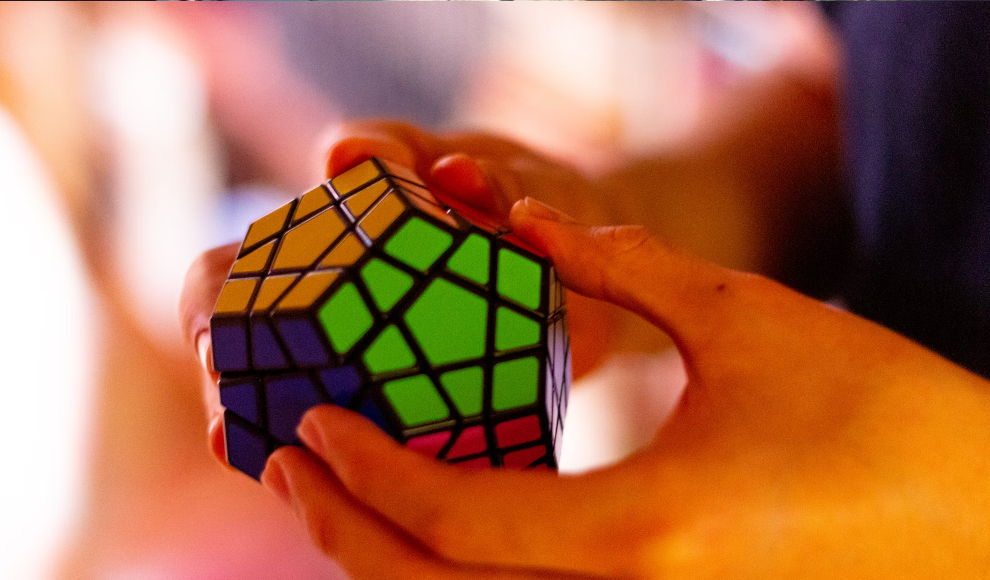A new study conducted by researchers at Griffith University in Brisbane, Australia, has revealed that there are significant gender differences in how individuals perceive their own intelligence. The study, published in the journal Frontiers in Psychology, involved 103 male-identified participants and 125 female-identified participants who completed a standardized intelligence test. The results showed that, on average, men and women had identical IQ scores. However, when asked to self-assess their intelligence, men consistently overestimated their IQ, while women tended to underestimate theirs.
According to the study’s lead author, David Reilly, this behavior is primarily dependent on the factor of masculinity. The more masculine an individual behaves, regardless of their assigned gender at birth, the more likely they are to overestimate their IQ. Women who exhibit more masculine traits also tend to overestimate their cognitive abilities. The researchers used the “Bem Sex Role Inventory” test to determine whether a person was classified as masculine or feminine. The test assesses traits that are considered socially desirable for each gender. The researchers found that societal expectations of IQ and gender are likely responsible for the gender-specific differences in self-assessment of intelligence.
The study’s authors suggest that parents may be more likely to perceive their sons as smarter than their daughters from an early age, leading to women underestimating their intelligence later in life. This could also explain why women are less likely to pursue careers in technology or research. Additionally, the authors suggest that women’s self-assessment of IQ could contribute to the gender pay gap. The study highlights the need for greater awareness of gender biases in education and the workplace, and the importance of encouraging women to pursue careers in fields traditionally dominated by men.










